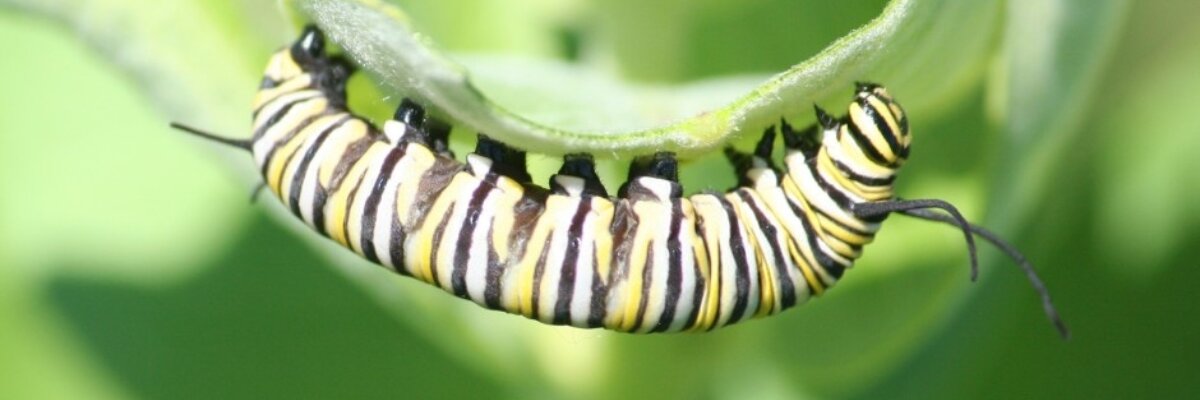
What should I do if plants that I've purchased were treated with neonicotinoids or other pesticides? How should I avoid purchasing treated plants in the future?
When creating pollinator habitat it is important to minimize pollinator exposure to chemicals that have the potential to cause harm. There are several steps that you can take as a consumer to reduce pollinator exposure to neonicotinoids and other pesticides:
Scenario 1: You have already purchased plants, but you suspect or don’t know if they were treated. First of all, contact the store to ask if they have been treated. If they were treated, express your desire for them to sell pesticide-free plants. Consumer demand is a critical driver of change in a business setting. If you know or are suspicious that recently purchased plants were treated, you have a couple options. For nectar plants, remove flowers for the first couple of years so that pollinators are not attracted to blooms. Neonicotinoid levels will diminish in the plant over time. For caterpillar host plants like milkweed suspected of being treated, the safest option for would be to properly dispose of the plant and find sources you know are pesticide-free to replace them. Alternatively, you could cover/tent plants for a year so that monarchs do not use them. By the next year, it is unlikely that there will be enough remaining pesticide residue to pose a problem to caterpillars. However, this is an active area of research and later findings might lead to changes in this recommendation.
Scenario 2: You’re planning to purchase milkweed and other wildflowers to support pollinators. Sometimes plants are labeled as neonicotinoid- or pesticide-free, but not always. Even if plants are labeled as “Pollinator Plants” it is best to ask the grower or distributor you are purchasing from about the history of the plants. Ask if they were treated with any pesticides and if so, which ones. Express the importance of pesticide free plants to help plant producers understand the demand for pollinator-friendly plants in the marketplace. Be wise about purchasing plants, ask the appropriate questions, build a relationship with producers you trust, and encourage your community to support those producers you know are growing/selling neonicotinoid free plants.
Scenario 3: You’re maintaining pollinator habitat on your property. As you maintain pollinator habitat on your property, do not use insecticides on your plants. If you must treat, do not use neonics or other systemic insecticides, and avoid spraying when plants are in bloom, when pollinators are most drawn to them. The use of insecticidal soaps or horticultural oils can be used to control unwanted insects, but keep in mind that this treatment may harm or kill any beneficial insects present at the time of application, even if the plant is not in bloom.
